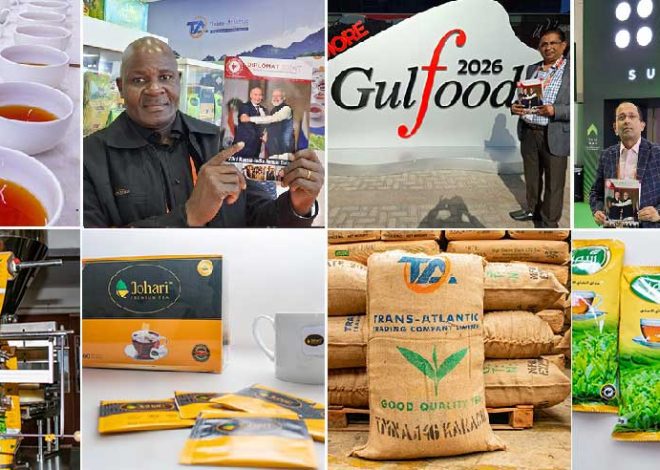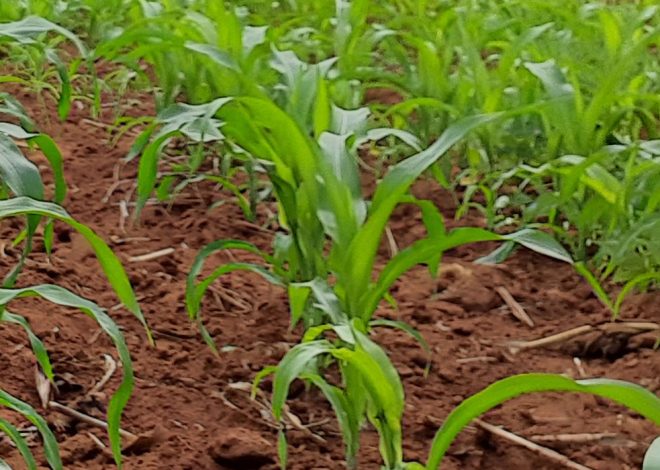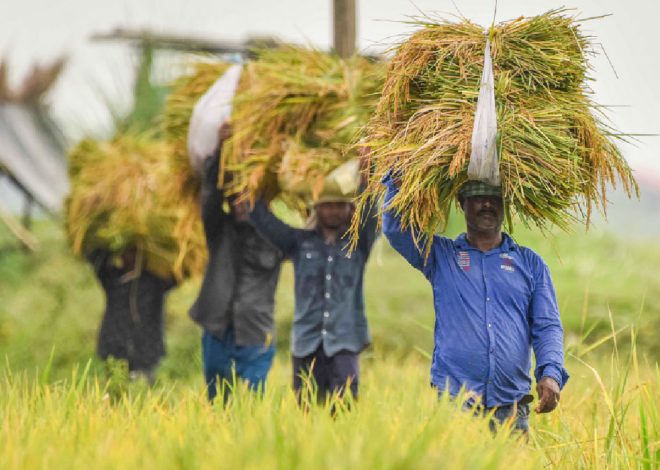
New techniques boost lettuce freeze tolerance
Two recent studies published in HortScience by the University of Iowa highlight advancements in sustainable agriculture, focusing on methods to enhance lettuce freeze tolerance and improve organic vegetable transplant production. These findings provide growers with practical solutions to increase crop resilience and efficiency.
The first study investigates the use of salicylic acid, ascorbic acid, and calcium chloride to improve the freeze tolerance of field-grown lettuce. These treatments help protect lettuce from cold stress, reducing damage and increasing yield during periods of unexpected low temperatures. By leveraging these compounds, growers can extend the growing season and ensure crop reliability in changing climates.
Researchers found that optimizing the concentrations and timing of chemical treatments is key to enhancing freeze tolerance.
The second study evaluates the effectiveness of the soil block method and different growing media in organic vegetable transplant production. Soil blocks eliminate the need for plastic containers, aligning with organic principles and reducing waste. The research identifies optimal growing media that support healthy root systems and vigorous transplants, ensuring successful establishment in the field.
Researchers discovered that selecting the right growing media is critical for producing high–quality transplants using the soil block method.
(Source)















